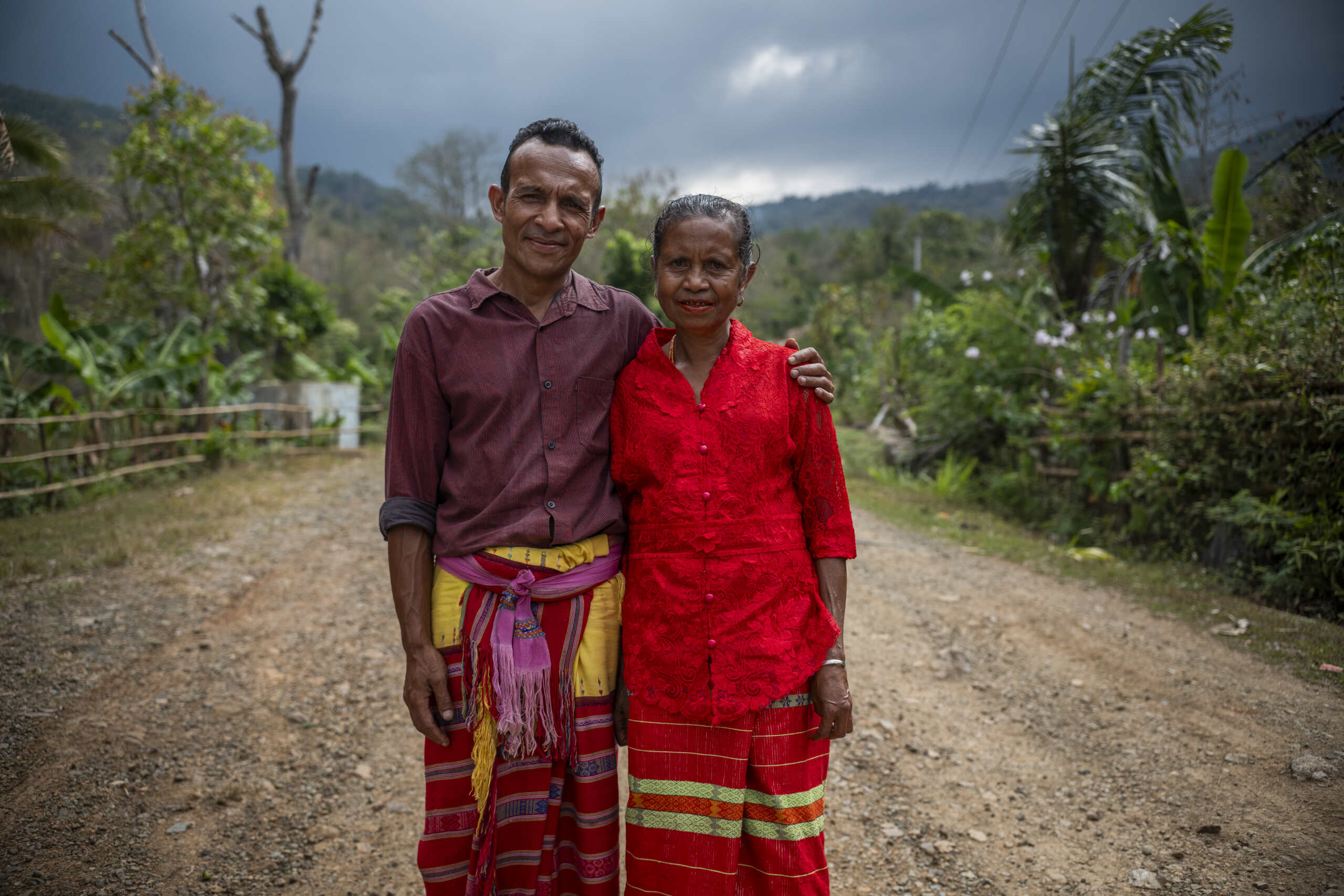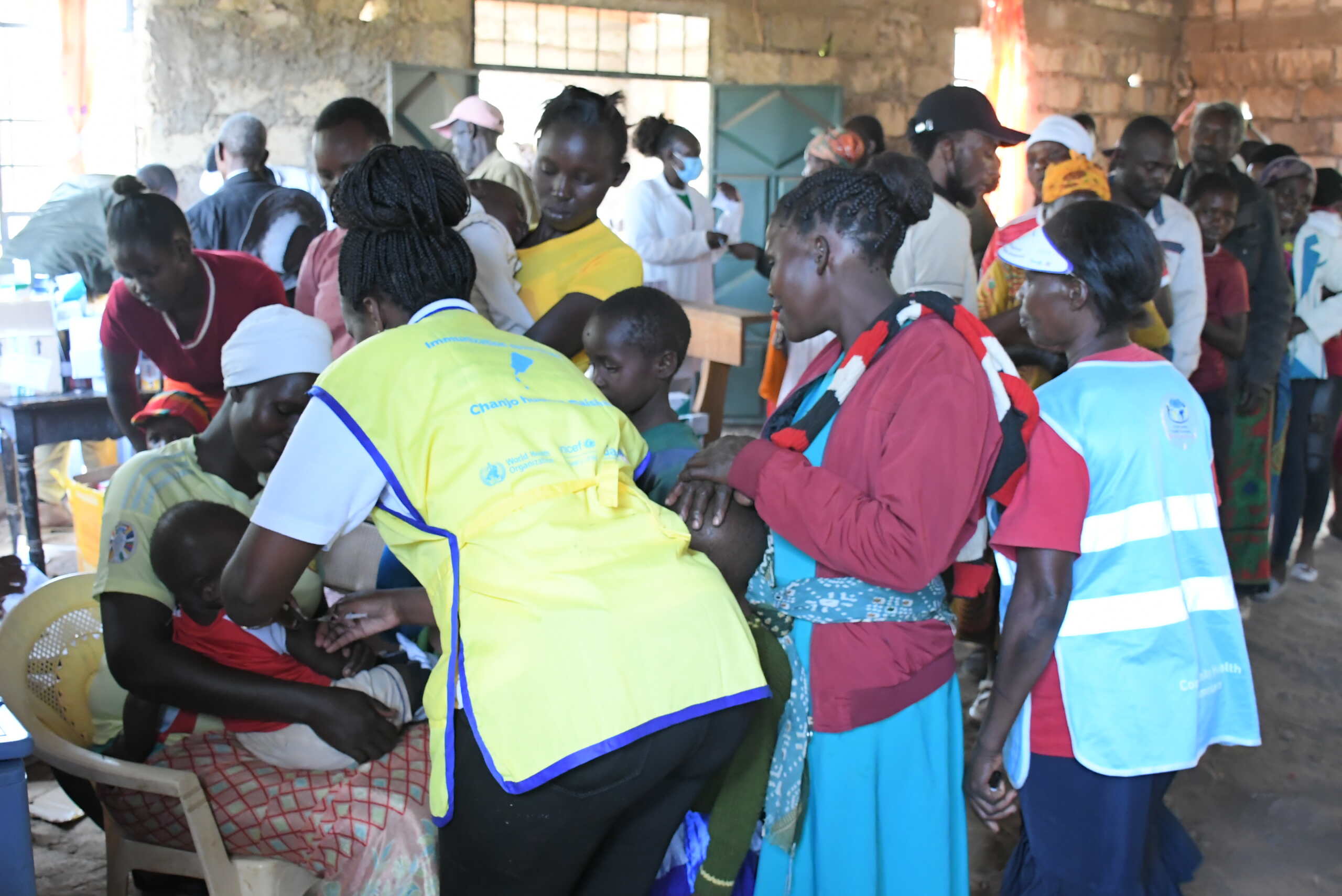CBM IAG’s work in 2024 through the Preconditions for Inclusion
Iag, Stories | February 24, 2025
As DFAT’s disability inclusion technical partner, CBM Australia’s #InclusionAdvisoryGroup (IAG) were so excited to see the launch of DFAT’s new International Disability Equity and Rights Strategy (IDEARS) in November 2024. It is fantastic to see the preconditions for inclusion being a Priority Area in this Strategy.
Want to learn more about preconditions? A quick overview of CBM’s precondition framework is available on our website. The Pacific Disability Forum (PDF), with support of CBM IAG made possible through funding support from DFAT, have also developed six issue papers explaining each precondition in the PDF precondition framework used in DFAT’s IDEARS.
As we work to advance this strategy in 2025, we have reflected on the work we have completed in 2024 which align with the preconditions:
Non-discrimination
- In 2024, CBM IAG worked towards non-discrimination through legal and policy reviews to ensure that countries’ legal frameworks are aligned and compliant with the Convention of the Rights of Persons with Disabilities (CRPD). This included supporting the legislative review of the Nauru Mental Health Act to ensure alignment with the national Inclusive of People Living with Disabilities Act 2023 and the CRPD. This comprehensive project involved research, document review, contextual analysis, in-person consultations, legislative gap analysis and capacity strengthening.
Assistive technology
- Ensuring the availability of affordable and appropriate assistive technology (AT) is essential for people with disabilities to be able to fully access and benefit on an equal basis with others. In 2024, we furthered the availability of AT by providing technical assistance to the DFAT-funded, Palladium-managed Humanitarian Logistics Capability Program, in partnership with Melbourne University’s Nossal Institute of Global Health. This involves working closely with the disability movement to devise a list of assistive products suitable for prepositioning for use in the Pacific. We also successfully advocated for AT to be included in the humanitarian response to Vanuatu earthquake in December 2024. Going forward, we are also working to consult with OPDs, disability and humanitarian stakeholders in PNG to strengthen AT provision in future disaster responses.
Social protection
- Acknowledging the additional costs faced by people with disabilities and their families, CBM IAG are excited to be part of the team that will contribute to disability-inclusive social protection in the Philippines through DFAT’s Social Protection, Inclusion and Gender Equality (SPRING) program. The inception phase for this exciting new project, being led by Cowater International, began in 2024, with work beginning on designing and developing SPRING’s Disability Inclusion Implementation Strategy.
Community Based Inclusive Development
- Community-Based Inclusive Development (CBID) is a key approach to achieving community-level inclusion by addressing the cultural, social and economic challenges experienced by persons with disabilities, their families, and communities. CBM IAG has continued to work with the SNV to provide advice on how their community water and sanitation programs in Nepal and Bhutan can better address the needs of people with disability. CBID has also been a focus in our support to PDF, funded by our partnership with DFAT.
Accessibility
- Infrastructure planning is one way of ensuring that everyone has equal access to the built environment, transport, information, communication and public services. For example, in Asia most public transport systems, particularly in rural areas, are not designed with accessibility in mind, which means many people with disabilities are either unable to travel, or incur high additional expenses for taxis. Through the DFAT-funded Partnerships for Infrastructure (P4I) initiative in Southeast Asia, we have been providing technical and strategic advice for accessibility within P4I investments and for Universal Design implementation. This has included outlining the barriers and clear steps to incorporate disability inclusion and accessibility into transport systems. We were also able to share good practice examples such as the Philippines’ Department of Transportation which now has an Accessibility Task Force to develop and enforce accessibility standards for public transport, and the active advocacy activities around accessibility in Thailand.
Support services
- Support services, including community-based support systems, enable the independence, dignity, wellbeing, and equal participation of people with disabilities in society. We have been supporting Transforming Communities for Inclusion Global, a global network of people with psychosocial disabilities, in coordinating a Community of Practice for members working on deinstitutionalisation. Many of these members are involved in advocating to governments for appropriate community-based support services and systems that provide a rights-based alternative to institutionalisation, as well as implementing such supports.
Interested in learning more about CBMA’s Inclusion Advisory Group and how we partner with the disability movement to advance inclusion and equity? Find more information here.
https://www.cbm.org.au/iag/cbm-iags-work-in-2024-through-the-preconditions-for-inclusion
Related Stories

How CBM is making a difference in Indonesia
For more than 45 years, CBM Global has been working alongside communities in Indonesia to ensure people with disabilities...

Coordinating inclusive health outreach in Meru County
For many households in Meru’s rural and remote areas, basic health services are physically...

Share your advocacy preferences with us
Thank you for helping us to advocate for the one billion people with disability globally. CBM Australia advocate across...
